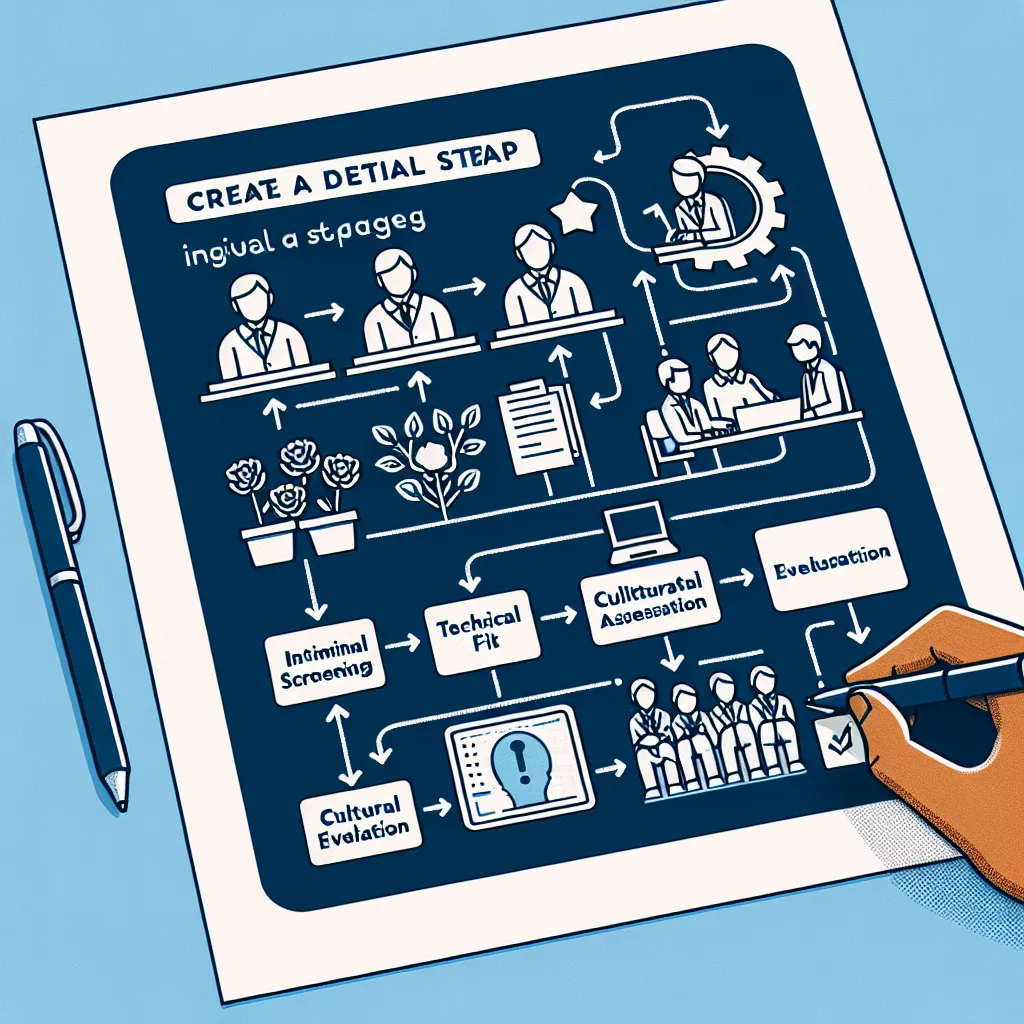Professional development is a crucial aspect of any career, and employers often ask about it during job interviews. Being prepared to answer questions about your professional growth can set you apart from other candidates and demonstrate your commitment to continuous learning. This article will guide you through effective strategies for answering questions about professional development in job interviews.
Understanding Professional Development Questions
Professional development refers to the ongoing process of improving your skills, knowledge, and expertise in your field. Employers ask about professional development to assess your:
- Commitment to growth
- Self-awareness
- Ability to set and achieve goals
- Adaptability to industry changes
Common Perspectives of Interviewers
Interviewers typically evaluate candidates based on several factors when asking about professional development:
- Proactivity in seeking learning opportunities
- Alignment of personal development goals with company objectives
- Ability to apply new skills to the job
- Willingness to invest time and effort in self-improvement
 Professional Development Interview
Professional Development Interview
Sample Questions and Answers
Let’s explore some common professional development questions and how to answer them effectively.
Q1: “How do you stay current in your field?”
Sample answer: “I stay updated in my field through various methods. I regularly attend industry conferences and webinars, subscribe to relevant professional journals, and participate in online courses. For example, I recently completed a certified course in digital marketing analytics, which has enhanced my ability to interpret and act on marketing data more effectively.”
Q2: “What are your professional development goals for the next year?”
Sample answer: “In the coming year, I aim to enhance my project management skills by obtaining a PMP certification. I’ve already started studying and plan to take the exam within six months. Additionally, I’m working on improving my public speaking skills by joining a local Toastmasters club, which will help me present ideas more confidently to clients and team members.”
Q3: “Can you describe a time when you sought out additional responsibilities to further your professional growth?”
Sample answer: “In my previous role, I noticed our team lacked expertise in data visualization. Recognizing its importance in our field, I volunteered to lead a small project implementing new data visualization tools. I took online courses in data visualization techniques and worked closely with our IT department to integrate these tools. This initiative not only improved our team’s reporting capabilities but also allowed me to develop valuable new skills that I’ve since applied to various projects.”
Tips for Answering Unexpected Questions
Sometimes, you might face questions about areas of professional development you haven’t considered. Here are some tips for handling unexpected questions:
- Stay calm and take a moment to think
- Be honest about your lack of experience in that area
- Express enthusiasm for learning about it
- Relate it to your existing skills or experiences
For example, if asked about a technology you’re unfamiliar with, you could say: “I haven’t had the opportunity to work with that specific technology yet, but I’m always eager to learn new tools. In the past, I’ve quickly adapted to similar systems, and I’m confident I could get up to speed rapidly if required for this role.”
Common Mistakes to Avoid
When discussing professional development, avoid these common pitfalls:
- Being too vague about your goals
- Focusing solely on formal education and neglecting other forms of learning
- Mentioning development goals unrelated to the job or company
- Overpromising or setting unrealistic expectations
- Neglecting to mention how your development benefits the employer
Instead, be specific about your goals, highlight diverse learning methods, align your objectives with the company’s needs, set realistic targets, and emphasize how your growth adds value to the organization.
Follow-up Questions and Suggested Answers
Here are additional follow-up questions you might encounter, along with suggested responses:
-
Q: “How do you balance work responsibilities with professional development?”
A: “I prioritize my work duties while dedicating specific time slots for learning, often during lunch breaks or after hours. I also look for ways to integrate learning into my daily work, such as taking on challenging projects that push me to develop new skills.” -
Q: “How has your professional development impacted your work performance?”
A: “My continuous learning has significantly improved my efficiency and the quality of my work. For instance, after completing an advanced Excel course, I was able to automate several reporting processes, reducing our team’s monthly reporting time by 30%.” -
Q: “What’s the most valuable professional development activity you’ve undertaken recently?”
A: “Recently, I participated in a leadership workshop that focused on emotional intelligence. This experience has greatly enhanced my ability to understand and manage team dynamics, resulting in improved collaboration and productivity within my current team.” -
Q: “How do you identify areas for professional growth?”
A: “I regularly seek feedback from colleagues and supervisors, conduct self-assessments, and stay informed about industry trends. I also analyze job descriptions for higher positions to identify skills I need to develop for career advancement.” -
Q: “Can you give an example of a skill you developed that wasn’t directly related to your job but proved valuable?”
A: “I took a course in basic coding, which wasn’t directly related to my marketing role. However, this skill has allowed me to better collaborate with our development team and even make minor updates to our website, improving our team’s overall efficiency.”
Conclusion
Answering questions about professional development effectively demonstrates your commitment to growth and adaptability – qualities highly valued by employers. By preparing thoughtful responses that highlight your proactive approach to learning and aligning your development goals with potential employers’ needs, you can make a strong impression in your next job interview.
Remember to be specific, relate your development to the job at hand, and show enthusiasm for continuous learning. With these strategies, you’ll be well-equipped to tackle professional development questions and stand out as a candidate invested in their career growth.
For more interview preparation tips, check out our articles on how to answer behavioral questions and how to answer questions about job fit.




